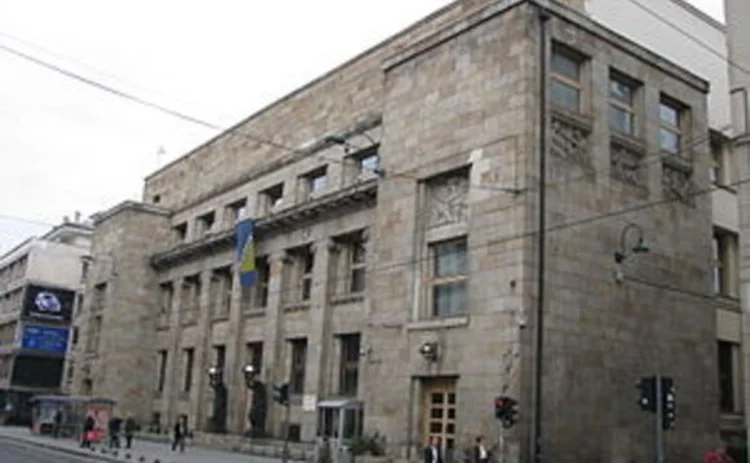
Bosnian central bank board members sacked by president
Reasons for move are unclear but may have political repercussions

Two members of the Bosnian central bank’s five-member board have been sacked by the country’s presidency, according to locally-based reporters.
Both Bosnia’s presidency and its central bank are governed by arrangements put in place at the end of the country’s bitter civil war in the early 1990s. The arrangements agreed by the Dayton peace treaty give equal representation to the country’s three main ethnic groups: Bosniaks, who are mainly Muslim; Croats; and Serbs.
Bosnia’s three-person
Only users who have a paid subscription or are part of a corporate subscription are able to print or copy content.
To access these options, along with all other subscription benefits, please contact info@centralbanking.com or view our subscription options here: subscriptions.centralbanking.com/subscribe
You are currently unable to print this content. Please contact info@centralbanking.com to find out more.
You are currently unable to copy this content. Please contact info@centralbanking.com to find out more.
Copyright Infopro Digital Limited. All rights reserved.
As outlined in our terms and conditions, https://www.infopro-digital.com/terms-and-conditions/subscriptions/ (point 2.4), printing is limited to a single copy.
If you would like to purchase additional rights please email info@centralbanking.com test test test
Copyright Infopro Digital Limited. All rights reserved.
You may share this content using our article tools. As outlined in our terms and conditions, https://www.infopro-digital.com/terms-and-conditions/subscriptions/ (clause 2.4), an Authorised User may only make one copy of the materials for their own personal use. You must also comply with the restrictions in clause 2.5.
If you would like to purchase additional rights please email info@centralbanking.com test test test








